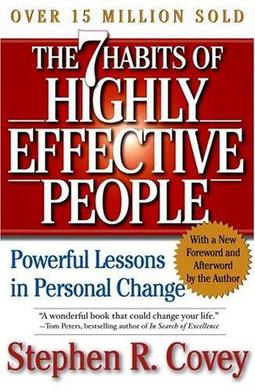Chapter 3: Increase your efficiency at work by limiting the amount of time and attention you devote to clients and tasks
Most people feel that there are too few hours in the day to do all the things they’d like to. Of course, the secret to making the most of the time we have is being efficient and allocating the right amount of time to each task. But how can you do this in practice?
One common problem is that you probably have lots of people - clients, colleagues, etc. - constantly interrupting you to demand your attention, which can make it difficult to focus on any one task in particular.
But, luckily, there’s a way to give yourself some breath- ing room in this respect: you can shorten the window of time that you’re available for the requests of others.
At work, for example, you can decide to limit the time you’re available for clients to just two or three days a week. This will force clients to adapt to your schedule, allowing you to focus on your work without interruptions. If you make this change, you’ll soon find yourself working much more efficiently, which benefits everyone, including your clients.
Another way you can increase your efficiency is by set- ting yourself limits on every task you undertake.
For example, you can set an upper and lower limit for how many hours you work each day. You can also do the same for how much time you spend on Facebook.
Setting such limits helps you predict how long you can do something, which in turn helps you be more efficient.
And setting limits need not only apply to the time you spend doing things: you can also decide, for example, that you’ll never let more than ten unread emails pile up in your inbox before dealing with them or that you’ll only spend a certain amount of money on restaurants each month.

